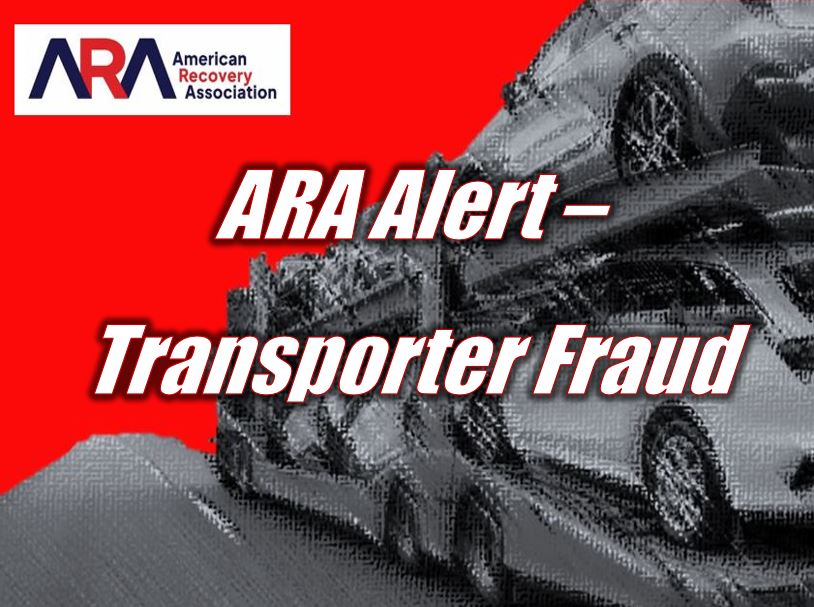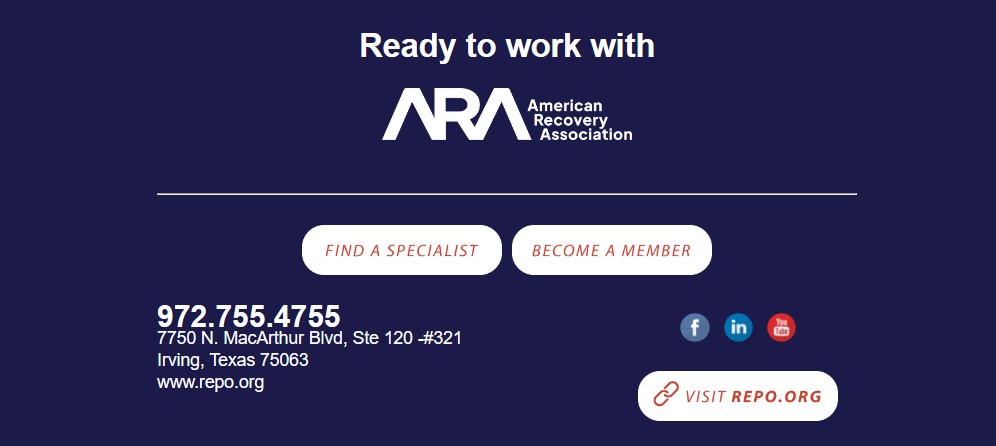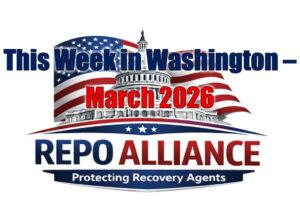Thieves Hacking Transport Brokers to Steal Repossessions
ARA Members,
Over the past several weeks, ARA has received troubling reports that a dangerous trend long affecting the auto dealer world is now making its way into the repossession space, and it’s putting our members at serious risk.
Here’s what’s happening:
A client, let’s call them Not Named Financial, sends a release order to an auction. That auction, in turn, uses a broker to locate a transporter to retrieve the vehicle. Somewhere in this chain, the release order is intercepted or manipulated, and a transporter shows up to your lot with seemingly legitimate documentation. You follow protocol, verify the paperwork, and release the unit.
The problem? That transporter isn’t who they say they are, and the vehicle is never seen again.
This isn’t a hypothetical. It’s happening. And if you’re thinking, “Well, I followed instructions and verified the release,” that’s exactly the issue — the agent did everything right but still may be the one held accountable for the loss. In the eyes of the client or insurer, that vehicle is now “stolen” and the agent, who simply complied with the documented release, could be facing financial liability for a theft they had no hand in.
This broker-driven pipeline has already cost auto dealers millions. In their world, the losses are absorbed or shrugged off. In our world, agents don’t have that luxury. We’re smaller businesses. We’re not built to absorb hits like this.
ARA has been asked repeatedly: What do we do?
Truthfully, there’s only one real solution — eliminate the broker from the chain.
If you look at the clients who allow agents to coordinate 100% of their transport directly, you won’t find this issue there. That’s because there’s no middleman to exploit — no vulnerable link in the chain. Just clear, traceable accountability from start to finish.
Until then, we urge every ARA member to do the following:
- Vet every transporter thoroughly. If it didn’t come from the client or auction directly, question it.
- Document everything. Who sent the release? Who’s picking up? Who confirmed the transport?
- Have the transport companies send valid workers’ compensation insurance certificates from their carrier.
- Push back. If you’re uncomfortable or something doesn’t feel right, stop the release and get written confirmation from the client
- Educate your clients. Let them know this is happening. Many of them don’t realize the risk they’re creating.
ARA will continue to monitor this closely and raise it with our client and industry partners. But we need to be clear. If this isn’t addressed swiftly, it’s only a matter of time before one of our members is forced to pay for a vehicle that vanished through no fault of their own.
This is a call to action to the entire ecosystem. Let’s talk about it. Let’s fix it — before it becomes an industry epidemic.

Stronger Together,
Your ARA Board of Directors












More Stories
Repo Alliance – This Week in Washington – March 2026
Royal Key Supply Announces Kevin Zwahlen as Account Executive – Repossession Sector
CALR Meets with State Repossession Regulators
Powering Smarter Recoveries, Vendor Safety and Faster Workflows
Take the Survey: Tell RDN What Recovery Pros Need Most
One Year Later: How Real-Time Communication Is Keeping Recovery Agents Safer